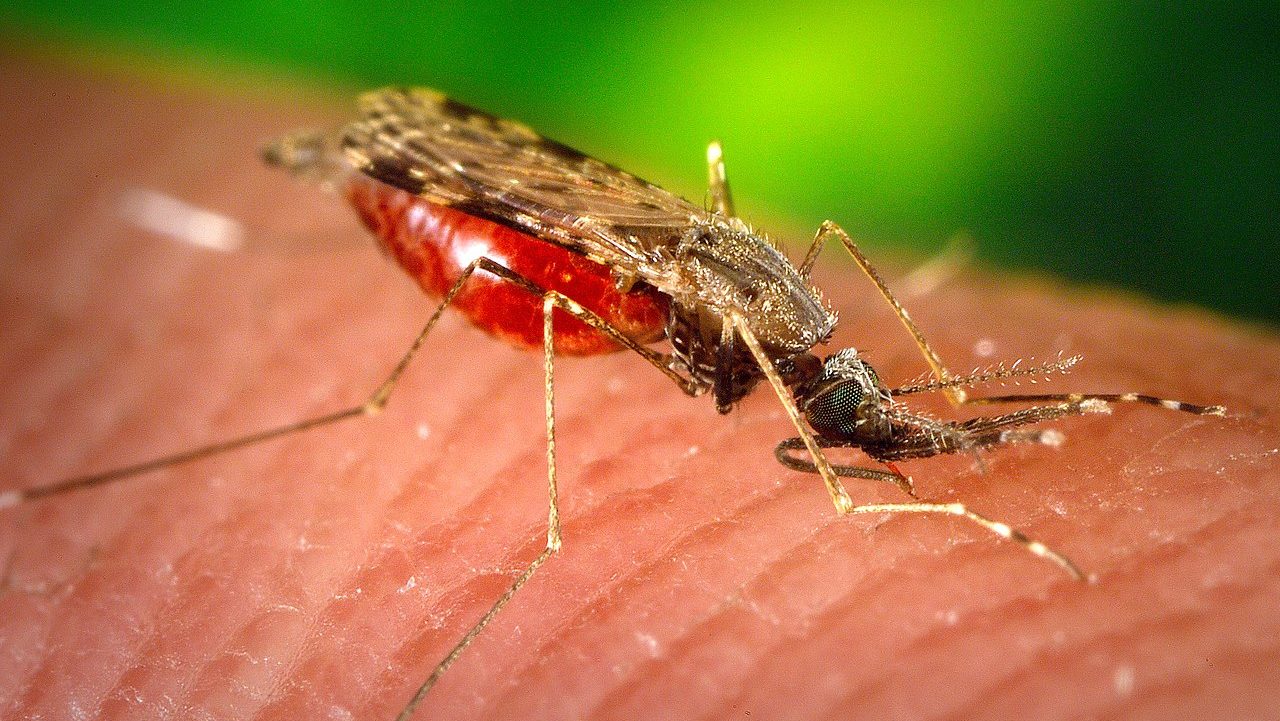Dengue fever cases in Europe are on the rise, causing concern among public health officials. The region has seen an increase in both imported cases and local transmissions, suggesting the virus may become endemic again, after almost 100 years. Dengue, a vector-borne viral disease, can range from mild flu-like symptoms to severe, life-threatening illness. The Drugs for Neglected Diseases initiative (DNDi) reports 390 million cases globally each year, with half the world’s population at risk. Currently, no treatments exist for dengue.
In 2023, Europe recorded 130 locally transmitted dengue cases, nearly double the previous year’s count, according to the European Center for Disease Prevention and Control (ECDC). This figure is significantly higher compared to previous decades: between 2010 and 2021, only 73 local cases were reported. Imported cases have also risen, partly due to severe outbreaks in Latin America and the Caribbean, including Argentina, Brazil, Martinique, and Guadeloupe. These outbreaks – even more alarming than those in earlier years – highlight the urgent need to both strengthen public health services and develop effective treatments for dengue.
Read more: Bangladesh dengue outbreak unmasks weakness of public healthcare system
Since 2010, local dengue cases have resurfaced in southern Europe and the Balkans, as reported by the World Health Organization (WHO) Europe. Up to 30 countries, primarily in the Mediterranean region but extending into the Caucasus, could experience local transmissions in the coming years. The resurgence is linked to the acclimatization of the Aedes mosquito subfamily, which transmit the disease. Climate change has facilitated the spread of these mosquitoes, specifically the yellow fever (Aedes aegypti) and Asian tiger (Aedes albopictus) mosquitoes, into Europe. These species thrive in areas with suitable humidity and temperature patterns.
As climate change progresses, experts predict the Aedes albopictus could move northwards, affecting countries previously untroubled by dengue. Southern Europe, facing a trend of more severe summer droughts, might become a breeding ground for the Aedes aegypti. Although current infection levels are not yet cause for widespread alarm, public health agencies in Europe have issued guidelines to prevent dengue infections both locally and abroad.
Read more: Public pharma infrastructure could give the world access to a treasure trove of medicines
There is speculation that if dengue cases increase in the Global North, pharmaceutical companies might finally prioritize developing treatments and vaccines. However, there are concerns that even if this was the case, the new resources may be hoarded by high-income countries, leaving countries with long-standing dengue problems without access, as seen with COVID-19 vaccines. High costs and underfunded public health systems could further limit the deployment of potential treatments in low-income countries, making a shift towards a public-pharma oriented model the most feasible path toward mitigating the impacts of dengue outbreaks.
People’s Health Dispatch is a fortnightly bulletin published by the People’s Health Movement and Peoples Dispatch. For more articles and subscription to People’s Health Dispatch, click here.





